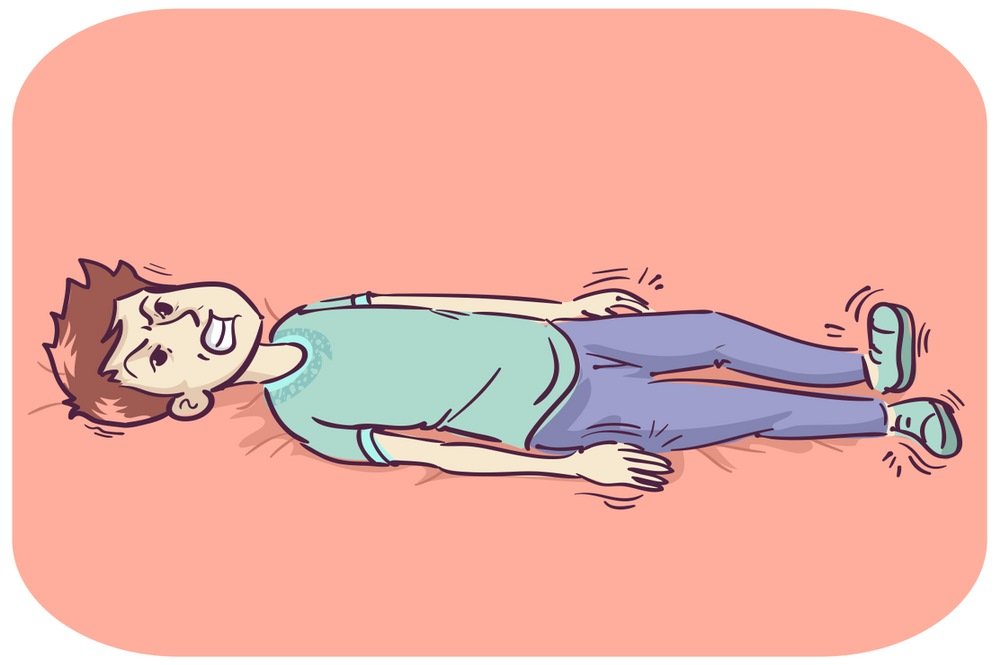Jerky Movements

Another hallmark of epilepsy is fits. Though not common to all types, jerky movements of arms and legs are often seen in seizures. These are called myoclonic seizures. The reason behind this sudden jerky movement is the pathology in the brain conduction. Increased stimulation and diminished inhibition of the nerve impulses in epilepsy result in twitching of muscles. The muscles may be thrown into action, which is followed by loss of control of that action by the brain. A sudden signal of inhibition of that action results in jerks. This most commonly involves the arms, legs and shoulder muscles. Facial muscles may also show twitching, giving an incomprehensible facial expression. These symptoms of uncontrolled muscle action last only for a few brief seconds. These can be clearly appreciated in the tonic-clonic type of epilepsy.
